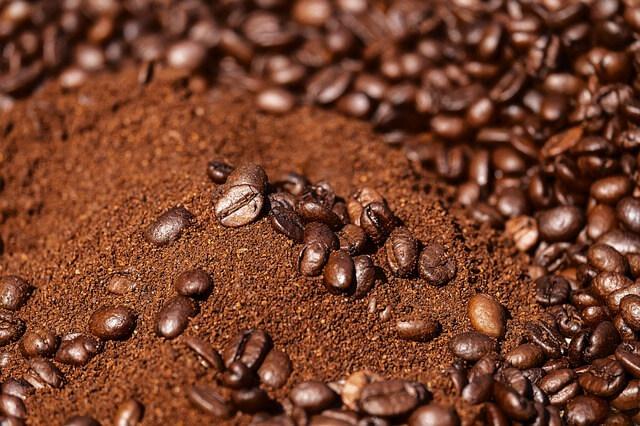Top 5 Things NOT to Put Down Your Drain (That You Think Might Be Fine)
Our drains and sewage pipes are mostly out of sight and usually out of mind. At the end of a tough day, it’s easy to chuck everything down the sink and forget about it. However, the system is far from indestructible. Various items can damage your drainage system, either by blocking it, breaking it or simply making it less efficient. Here are just five everyday items you should definitely not be putting down your kitchen sink or flushing down the loo.
1. Toxic Chemicals (Paint, Cleaning Products, Oil and Solvents)
Whilst treatment plants are getting pretty good at removing contaminants, many of the flushed chemicals will find their way to the rivers and oceans. Chemicals from detergents, bleach and the toxins in pesticides can all cause issues with our fragile ecosystem after they have left your local sewage treatment plant.
Where should I dispose of my toxic chemicals?
Most recycling centres now have areas for toxic chemicals and nowadays substances like paint and motor oil can be recycled, however, non-recyclable liquids can be disposed of properly. Alternatively, you can also change your cleaning materials to more eco-friendly cleaners made with enzymes, citrus or oxygen.

2. Grease, Oils and Fats (FOG)
We are all guilty of washing that frying pan oil down the sink after cooking, however, greases, oils and fats from cooking can quickly cause all sorts of issues. Solidified fats can clog pipes and damage not just your plumbing, but also sewage treatment plants. Similarly, if the fats and oils make it to the rivers and oceans, they can interfere with plants, fish and other waterside wildlife.
What are other alternatives for disposing of grease, oils and fats?
Surprisingly, oils and fats can be added to compost, however, excess grease and fat can attract the attention of local wildlife. The best solution for old oils and fats is to recycle them. Your local recycling centres can actually turn these liquids into biofuel so keep an old jar or tin can by your sink and top it up after each meal to start creating your own biofuel.
3. Un-flushable Paper Products and Wipes
Whilst there seems to be a new trend in toilet wipes that say they are biodegradable, the absorbency inherent in paper and ‘toilet’ wipes mean they still absorb moisture and will ultimately clog drainage pipes.
How do suggest I dispose of these types of products?
Whilst this may seem like an unpleasant solution for many, instead of flushing paper towels or wipes, throw them in the compost bin and add them to your garden.
4. Coffee Grounds
Our office are huge fans of having coffee the classic way. However, disposing of coffee grinds is always a pain. Whilst it might seem ok to flush them down the kitchen sink, you should definitely avoid this. Coffee grounds compact and block pipes and when mixed with grease and oil can cause serious blockages.
Are there better ways to get rid of my used coffee grounds?
Coffee grounds make a fantastic addition to your compost, as they not only help make rich compost but also help to remove odours.

5. Rice and Pasta
Rice and pasta will continue to absorb liquid even after being cooked. After a while, they turn into a stodgy, sticky mess that is hard particularly to break down. This ultimately leads to blocked drains and cause an array of future plumbing problems.
What should I do?
Firstly, it’s a good idea to either save it for the next day (light lunch) or throw it in your food waste bin or composter. Alternatively, you could seek out more organic alternatives that are free of the coagulating substances that cause the most damage.
If things take a turn for the worst and you find yourself with a blocked drain, contact your local Drain Doctor and a 24 hour emergency plumber will be able to get out to you and assist.
Have any questions about the above or are now suffering from tossing ‘bad products’ in your drain? Get in contact today!

